DISCLAIMER: This article represents my personal views and not those of my employer or any affiliated organizations.

2022 is a “gap year” of opportunity! Are you still sitting in a leased apartment or mortgaged home during the virus crisis? If so, why?
There are many who wanted to undertake this journey before the virus, but were prohibited by outstanding cost, time, or just life.
Most companies are trending to support remote work or hybrid offices indefinitely. I’ve written more about this in my recent article here.
In the post-Corona era, you can have both: Work and life!
My partner Elise and I had wanted to become digital nomads for the longest time. The week New York City went into lockdown, we left. Even with an international flight ban, a plane to Palm Springs, CA and a pickup truck rental did the trick.
You don’t have to forgo a “financial gap year” of your career to be a digital nomad. You don’t even have to leave your country!
Even if you have a significant other or children. There’s something for everyone.
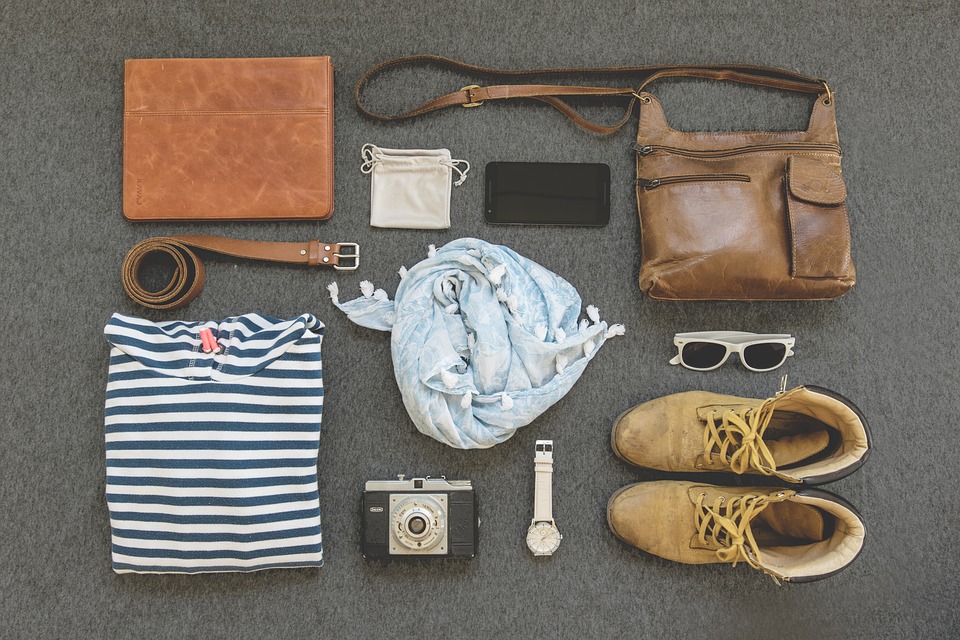
Useful Gear for Digital Nomads:
So how do you get started?
Leaving home is not a small decision. There is a lot of pre-planning that needs to happen before you depart.
While my perspective is in the U.S. – This could work in whatever country you may call home.
I’ve tried to compile many of these steps below, to make things easier for you.
Figure out where you want to go.
A plan is like insurance. Don’t leave home without it.
Are you planning on getting to your destinations by driving? By air?
A general rule of thumb is planning 3 months in advance.
This is long enough that you don’t have to be panicking, planning where to go next.
However, it’s short enough that if a major interruption occurs (family / work event, etc.) you can cancel your itineraries.
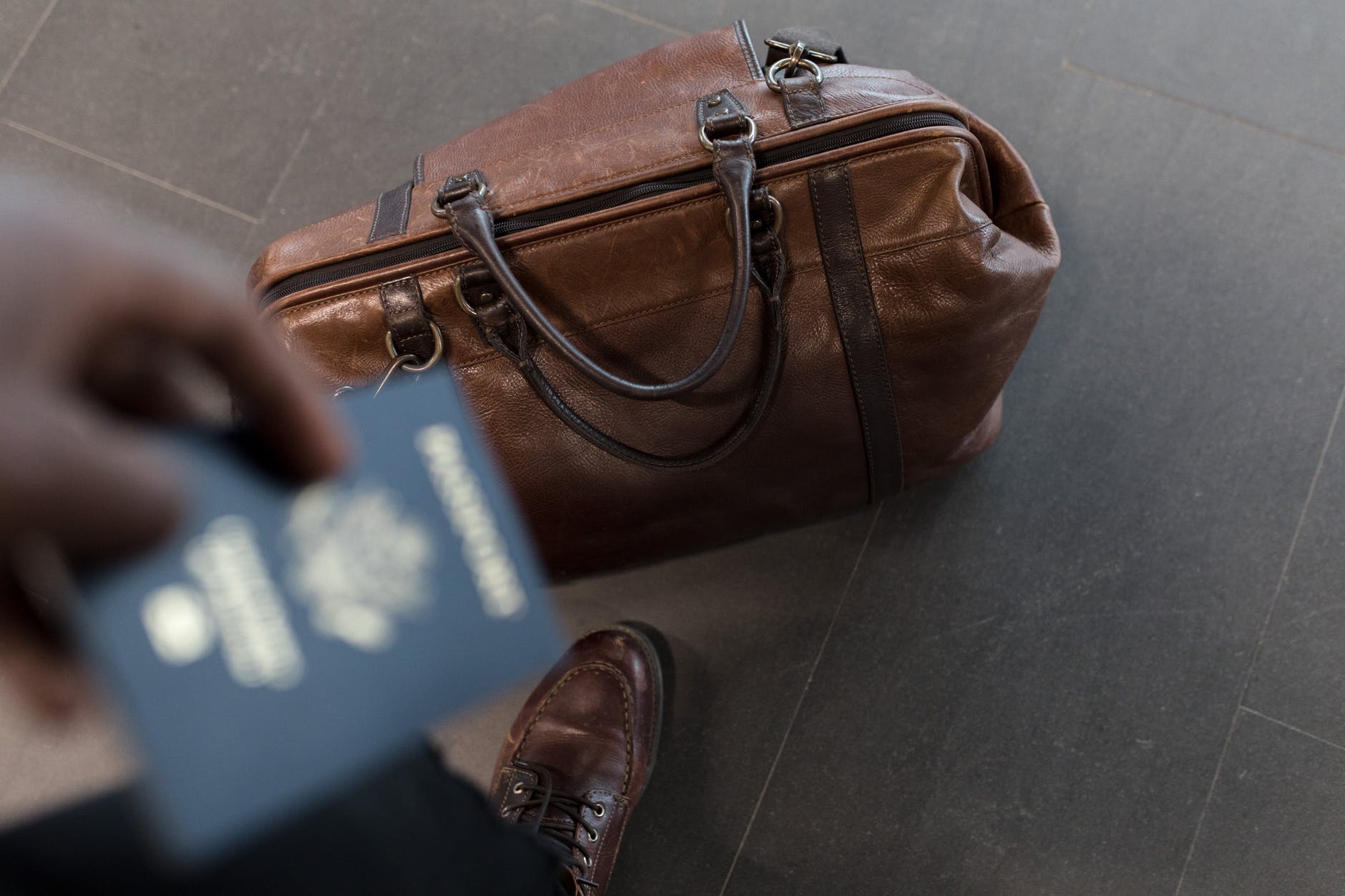
Check your documentation and registrations.
Is your documentation current?
If you’re driving you’ll need a valid driver’s license (surprise).
Is your license renewed? Is there a risk of it expiring while you’re abroad on your gap year? You don’t want to have to go back to your home state to renew it.
Where will you be receiving mail?
It’s important to have a solid home address for important documents and letters.
This could be your parents’ house/apartment or a P.O. Box.
Services like Earth Class Mail will actually act as a “virtual P.O. Box”, and securely digitize your mail into PDFs. No physical interaction required.
For packages while you’re on the road – Always have a tracking number, and it’s preferable if you’re staying in the same area at least 2 weeks.

Secure your travel plans (including a car if you need to)
How are you going to get to your destination?
Do you own a car?
If so, check your registration. We found that some states may require you to return to the state for emissions testing, etc. You may need to re-register in a state that’s closer to where you are.
In the case you don’t, is renting, leasing or buying a vehicle most cost-effective?
I’ll go into detail on this in a later article. There are big differences, and distinct advantages between renting and leasing. See a helpful Investopedia summary here.
If you’re flying, have you looked up travel restrictions and the quarantine times for your destination city?
Do they require a virus test? Is there a limited visa? If so, how many days/months are you allowed to stay?
Expert Vagabond gives other helpful tips on overall logistics and making money as a digital nomad.
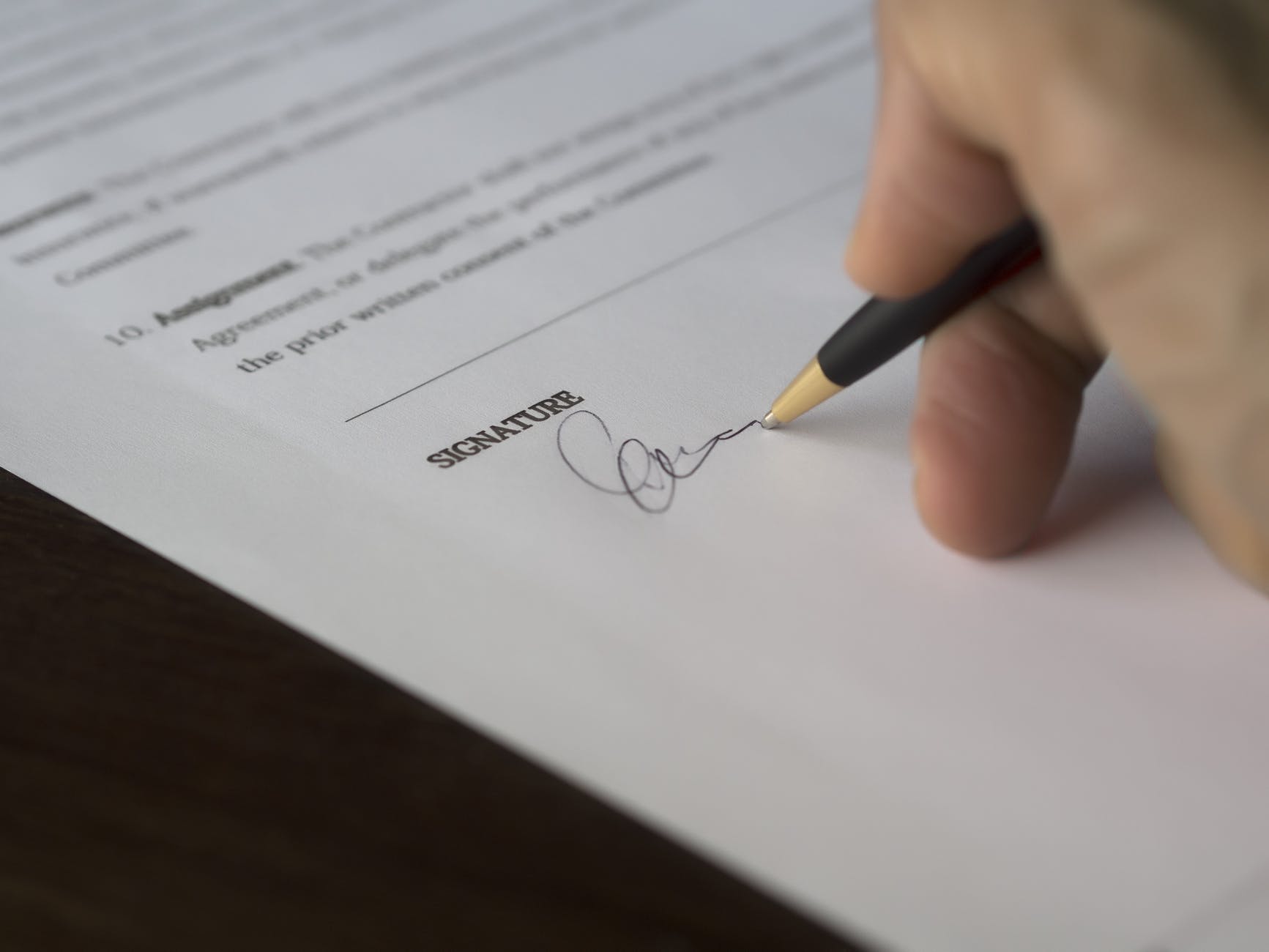
Figure out your housing situation
Are you locked into a lease? When does it end?
Most apartments in big cities will let you break your lease. However you have to think about the cost vs. benefit.
A helpful guide by Trulia here breaks down all the things you should consider when breaking a lease.
You also have the option of waiting out until your lease expires.
If you have a mortgage, you’re in a bit more permanent situation. Lucky for you, home buying is at a record high.
No lease? No mortgage? Not a problem. Continue on to the next point.

Book your first places to stay
During the virus, volume on vacation rentals is ultra-high. You need to book months in advance. The last thing you want is to be is stuck without a lease, and without a place to live.
You would be surprised how quickly places get snapped up. It’s important to keep a wishlist of future stays you wish to book. Some sites will even send you an alert when an item on your wishlist becomes available.
AirBnB not the only option. There are other sites like VRBO that offer a similar service. Here’s a helpful list of other platforms, like Flipkey and Tripping.com, which are all slightly different. You should compare and see what’s best for you.
There are even guides to vacation rentals by yourself, independent of these services.
If you are younger, you may not mind staying at a hostel or co-living space with other people to save money.
Hostelworld is a great resource for this. Just be aware of your requirements for working and living. You’ll want to read reviews and book a location with relatively low people volume.
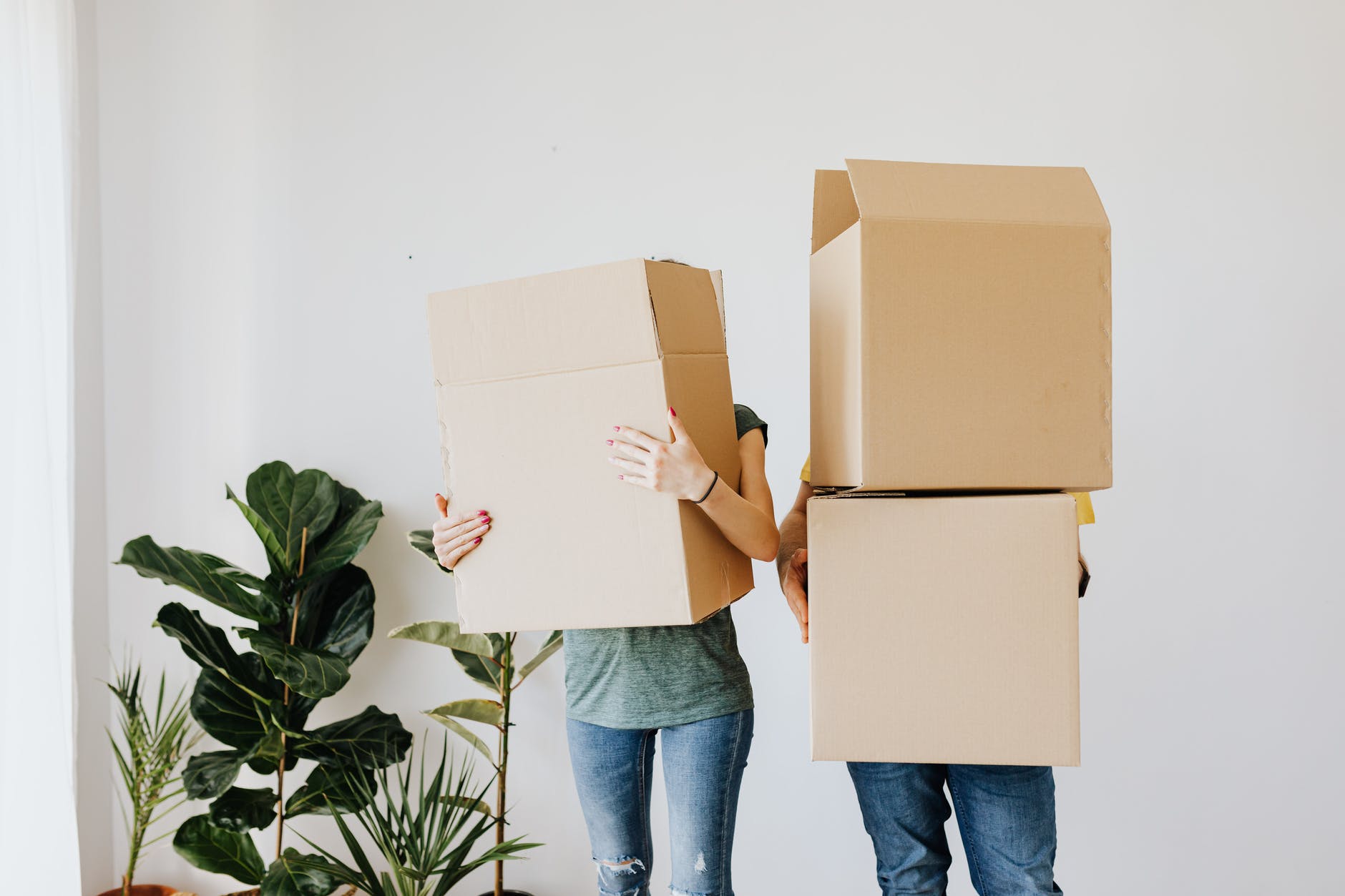
Move and put your things in a storage locker
Even if you’re not currently tied to a lease, you need somewhere to put your belongings.
You can find some affordable storage lockers if you’re willing to drive a bit out from the city center. If you need a more central location, be prepared to pay more.
Take an inventory of how much “stuff” you have.
The smallest unit most storage facilities offer is 5 ft. x 5 ft. That will perhaps fit one big piece of furniture (not a couch) and a room’s worth of small belongings (such as lamps, clothes, etc.)
The biggest unit is often a 10 ft. x 30 ft. This can fit a couch, a refrigerator, and about 2 rooms worth of “stuff”.
We use a company called StorageMart. This helpful storage comparison site Sparefoot allowed me to find it, which is like the “TripAdvisor” of storage.
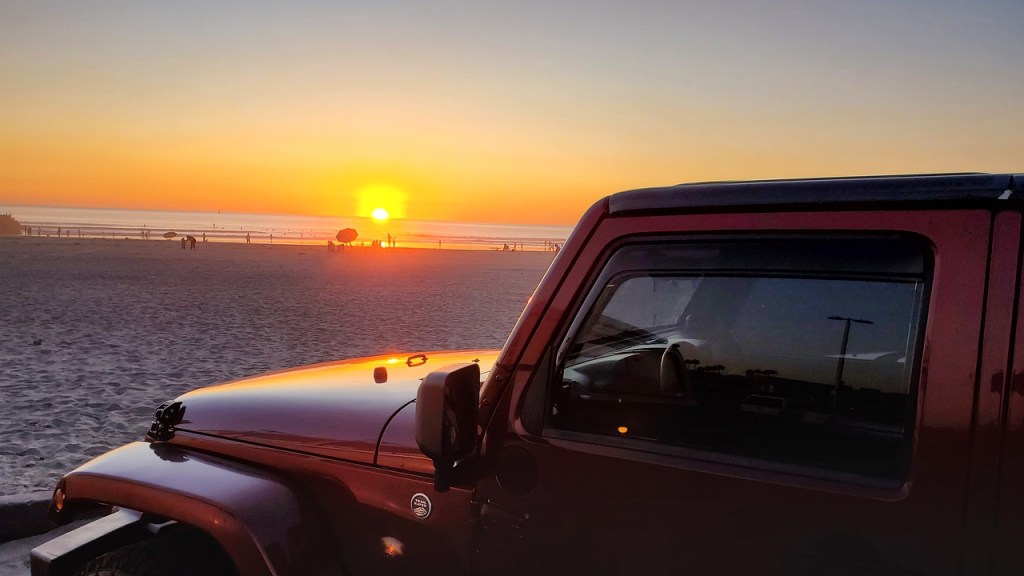
Hitting the road!
Have you checked off all these items? Do you have everything together? Congratulations, you’re ready to head off on your “gap year” adventure!
There are plenty more things to learn about working as a digital nomad on the road during the virus. Stay tuned for a guide on that.
In the meantime –
Sign up to the Origin Story mailing list or more helpful professional tips!